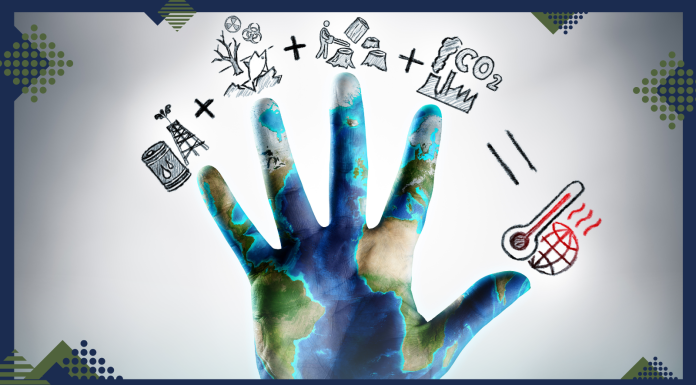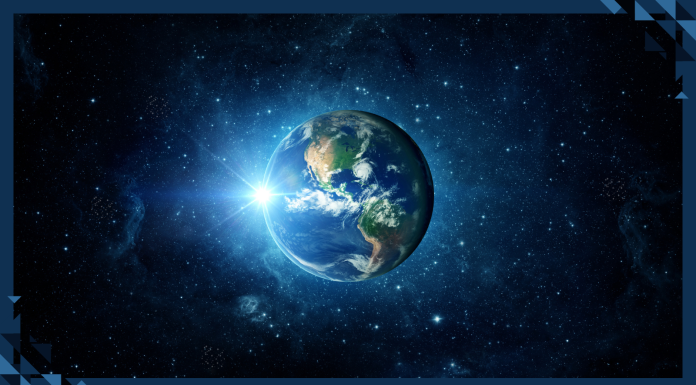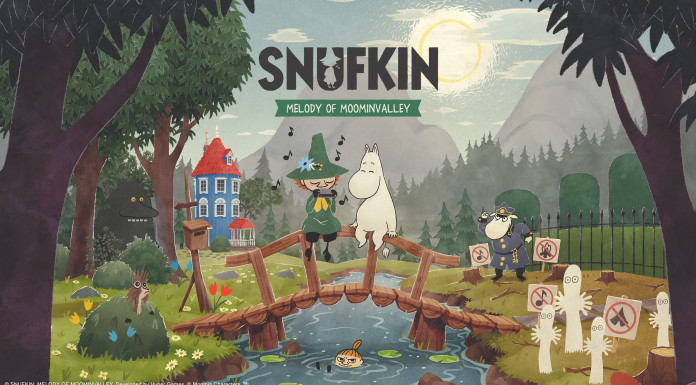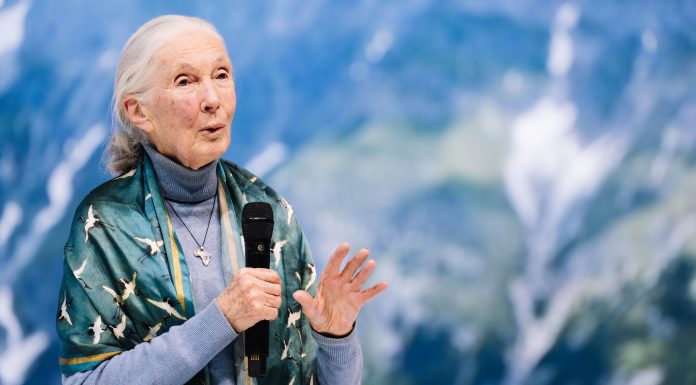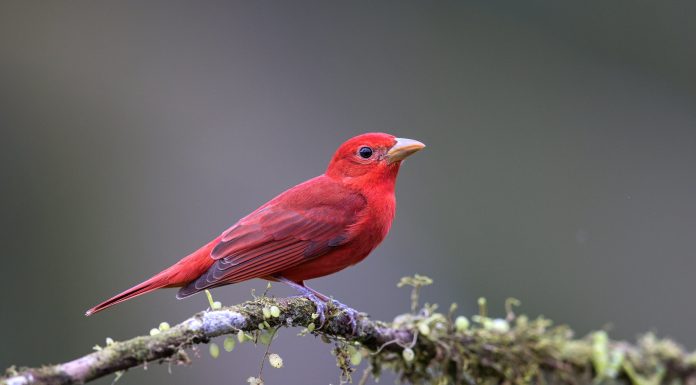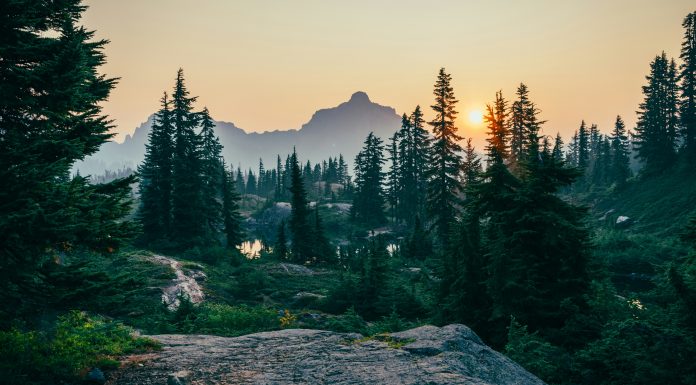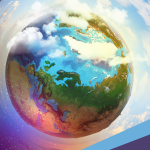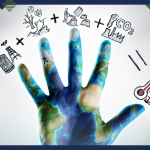Professor of Conservation Biology and Environmental Futures at the University of Washington and Research Associate on climate and biodiversity vulnerability at the University of Cape Town, Phoebe Barnard, has been focused for decades on protecting the natural world from...
A best-selling author and journalist based in Canberra, Australia, Julian Cribb has been reporting on science and agriculture for decades. He has become increasingly concerned about the human culture’s inability to recognize its own peril where our Earth’s living...
Written by: Preety Sharma and Ayeshah Haque
This year, organizers of Earth Day are calling for widespread climate education as a critical step in the fight against climate change.
A new report, released in time for global attention for Earth Day on April 22, highlights the...
Written by: Geoffrey Holland
"The Earth is what we all have in common."
Wendell Berry, American Cultural Critic
Humanity, all of humanity, has arrived at a daunting point of reckoning. All of the world's people—all genders, ethnicities, and nationalities—are caught up in...
Written by: Elliot Honeybun-Arnolda and Lucas Friche
“Progress! What progress? You’ve removed the river. Destroyed nature. Driven the animals out!” said Snufkin to the park-keeper in Melody of Moominvalley.
The recent release of the video game Snufkin: Melody of Moominvalley marks a continued...
Written by: Dr. Jane Goodall, DBE
I travel around the world 300 days a year, and everywhere, I meet young people who have lost hope. And we know that suicide rates are going up. If all our young people lose...
Written by: Daniel Cohan
Tens of millions of Americans, including many Texans like me, live in counties that will soon be violating air pollution particle standards for the first time. It’s not that our air is getting dirtier – it’s because the...
Written by: Evan Bourtis
In the southwesternmost corner of Arizona, the Colorado River weaves in between Mexico and the lands of the Native American Cocopah Tribe.
Many spots along the river’s shore are lined with dense thickets of invasive reeds called...
Written by: Gary Pickering and Kerrie Pickering
The current global food and beverage system is unsustainable.
In 2023, world leaders issued a declaration at the UN climate change conference COP28 acknowledging the role that more sustainable and resilient agri-food systems can and must play...
Written by: Gim Huay Neo and Daniel Pacthod
The World Economic Forum Global Risks Report 2024 again underscores the significance and severity of nature-related risks in the next ten years, ranking them as the most critical challenges we face globally. These risks...



